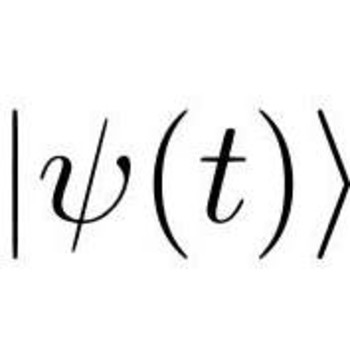Why do we not use the amount of excess reagent to predict the amount of product formed in a reaction?
2 Answers
Because you'll have run out of the other reagent. Example Below
Explanation:
You are making simple hotdogs. You've got 15 buns and 5 dogs. You can only make 5 hotdogs.
sure - you've got enough buns for 15 hotdogs, but 10 of them will have air inside them, and customers won't buy them.
Since you ran out of a reagent, it limits how much of the product you can make.
It's because all of the limiting reagent will get used up.
Explanation:
In a chemical equation, if we calculate in terms of the excess reagent, we will not get an accurate result, as we don't know at which point does the limiting reagent has been used up.
The law of conservation of matter states that,
For any system closed to all transfers of matter and energy, the mass of the system must remain constant over time, as system's mass cannot change, so quantity cannot be added nor removed.
Taken from: https://en.wikipedia.org/wiki/Conservation_of_mass
So, if the limiting reagent has been used up fully, then no more products can form, but since we calculate based on the excess reagent, then we will break this law, as we will create more mass than allowed.

